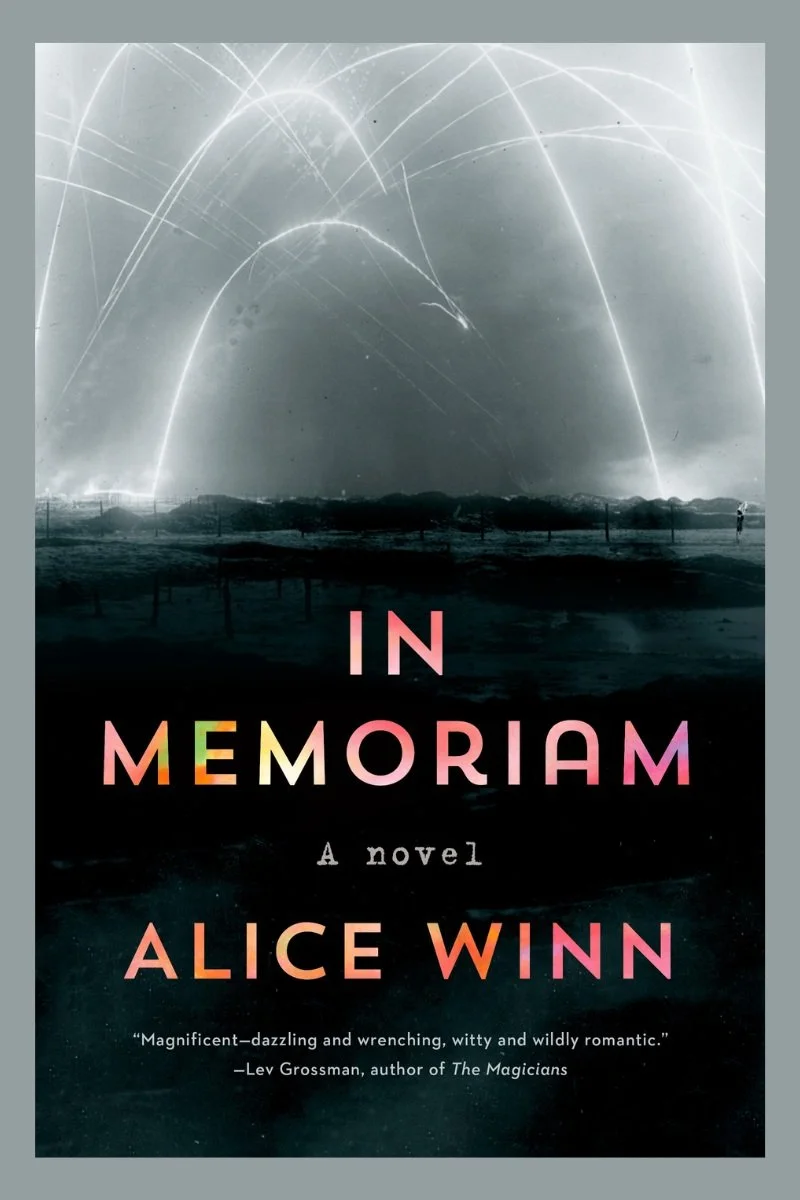We Could Be So Good – Cat Sebastian
Expectation: Gay love overcoming the odds in 1950s America!
Reality: Incredibly repetitive and too saccharine, the historical fiction element is almost an afterthought to typical romance genre tropes.
My Take:
Before I dive into my review of Cat Sebastian’s “We Could Be So Good,” I first want to acknowledge that much of what I’m going to say is a contradiction.
In reviewing Alice Winn’s “In Memoriam,” I bemoaned that it was “queer romance through the lens of someone who believes gay love stories need tragedy, conflict and trauma to be interesting. They don’t.”
Yet here I am presented with a mostly happy gay love story, and my primary complaint is that it was too saccharine.
After reflecting on this more, I recognize it’s deeper than that.
Both “In Memoriam” and “We Could Be So Good” are written by women — one straight, one bisexual — and each features a heavy amount of tokenism. That, more than anything else, is my real problem.
I’m not here to police who can “own” a narrative, but I can say that as a gay man, I didn’t feel either novel presented a gay love story that felt authentic. Whereas “In Memoriam” peddled trauma as the only road to carnal passion, “We Could Be So Good” is too chaste to be believed, relying on Hallmark Channel romance sensibilities.
In other words, these are gay romances for women or straight men.
While there’s nothing wrong with that — honestly, truly it’s a form of allyship — many of the lauded gay romance novels recommended to me over the years by female-identifying writers (including Jandy Nelson’s “I’ll Give You the Sun,” Sarah Henstra’s “We Contain Multitudes” and Carol Rifka Brunt’s “Tell the Wolves I’m Home”) failed to deliver the same lived-in, authentic resonance of Benjamin Alire Sáenz’ “Aristotle and Dante” series or works by Steven Rowley, T.J. Klune and Adam Silvera.
This is just a very long way of saying that while I was charmed enough by “We Could Be So Good,” it’s not a novel I’m going to recommend to any gay male friends, but I will recommend it to the romance readers in my life who are, you guessed it, women.
Set in the late-1950s, the era provides a rich tapestry for queer historical fiction as it was a time when many individuals were feeling more comfortable being authentic among close circles and sympathetic portrayals of homosexuality were not uncommon. Of course the specters of job loss and police raids were ever present, but in post-McCarthyism America queers were beginning to see a silver lining.
Sebastian does a good job of balancing this dichotomy in the day-to-day experiences of New York-based newspaper reporter Nick Russo and newspaper publisher-in-training Andy Fleming. In true romance fashion one character is a curmudgeon with a soft side, and the other is a barely functioning adult.
I don’t need to tell you how this plot moves along, because you can likely guess the major elements without even cracking the spine. I think Sebastian got paid by the word, because the book is about 150-pages longer than it needs to be, which means more time was spent on repetitive, manufactured drama than exploring how norms of the 1950s would impact the coming out process.
The jokes were obvious and set up like you’re waiting for the laugh track and the characters remain rather two-dimensional given the alternating POVs. The strongest part of the story was exploring Nick’s dual lives.
With all the things I found wrong with the plot and pacing, I was still charmed enough by the love story to see it through to the end. That’s not a ringing endorsement by any means, but it’s a testament to the fact that I did grow to care about Nick and Andy.
If you decide to read this, I’d recommend avoiding the audiobook. Joel Leslie, who is somewhat prolific in this genre, gave an over-the-top performance that did not match the text. Each character had pompous flair and his attempt at a Brooklyn accent for Nick was unstable. He’s the newest addition to my “never again” narrators list.
Rating (story): 3/5 stars
Rating (narration): 2/5 stars
Format: Audiobook (library loan)
Dates read: October 15 – October 22, 2023
Multi-tasking: Good to go. The plot is not incredibly difficult to follow and, honestly, it gets a little repetitive and boring.





